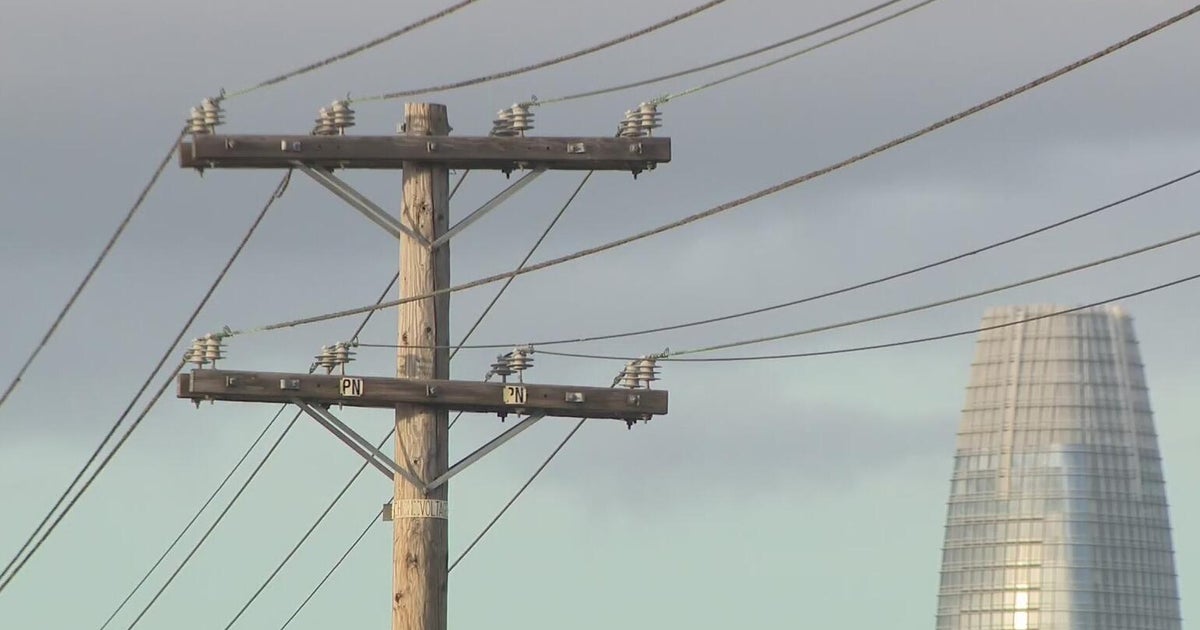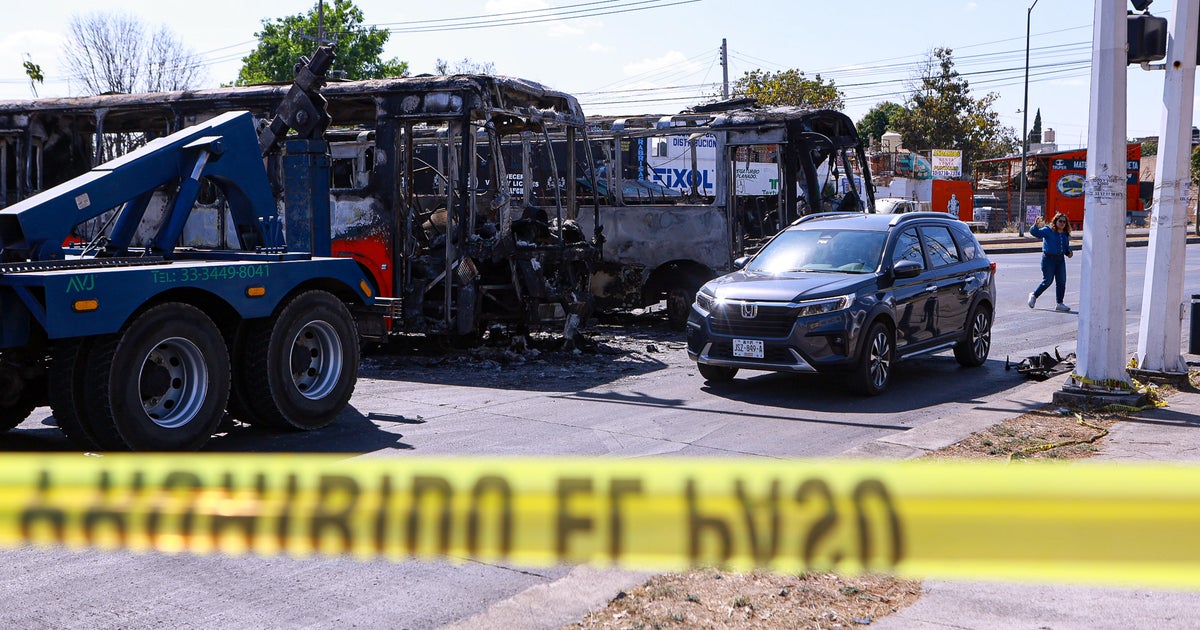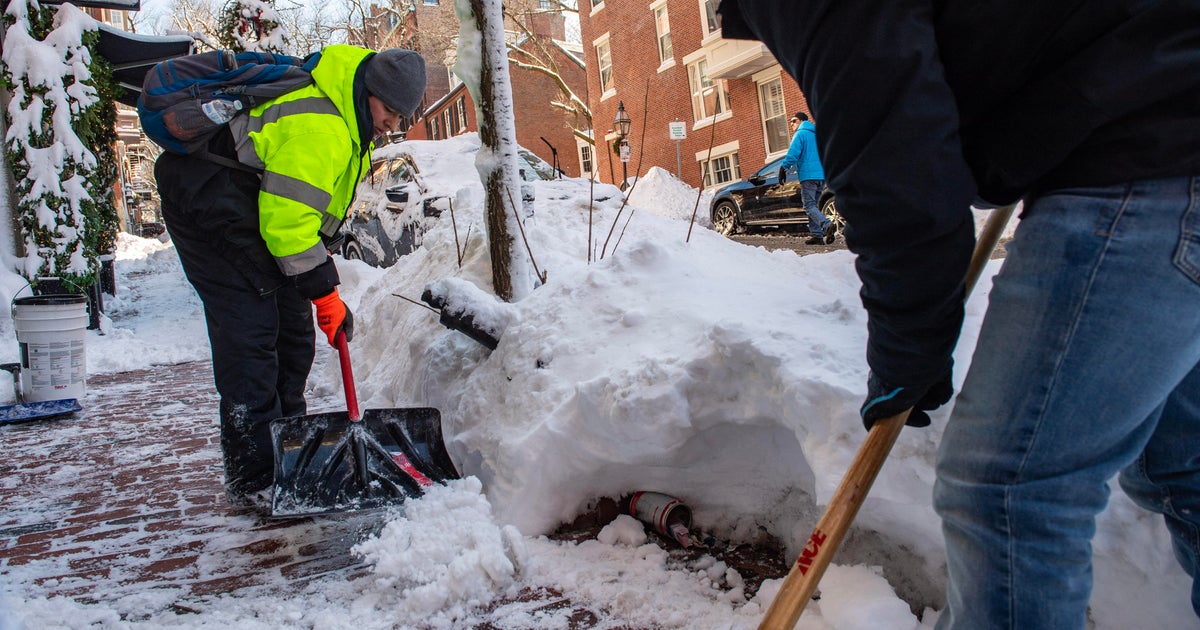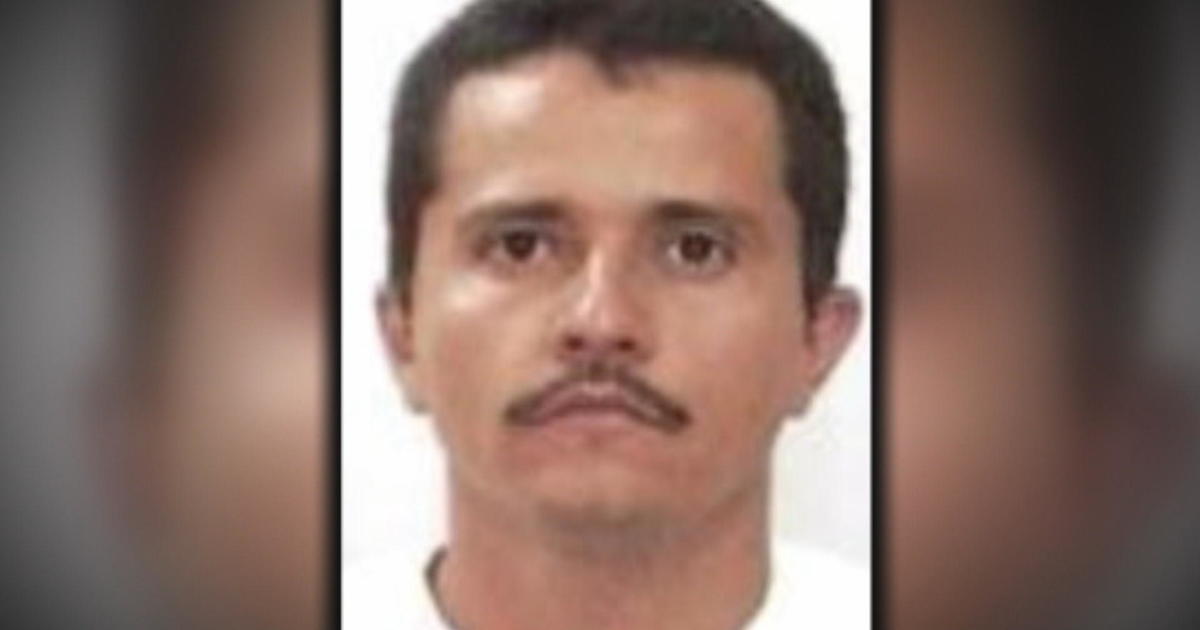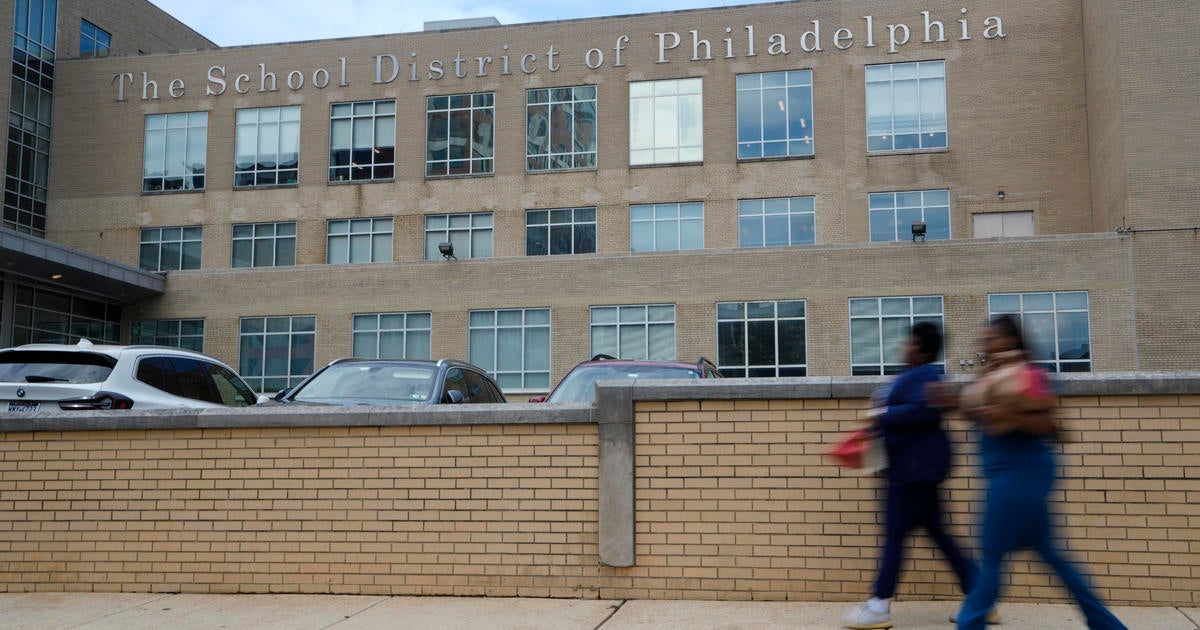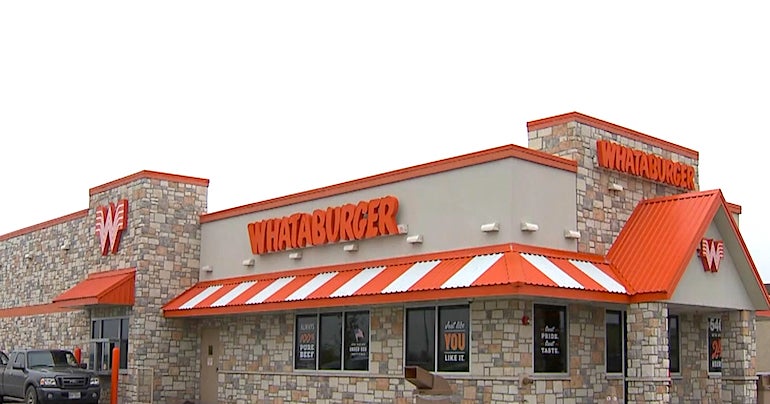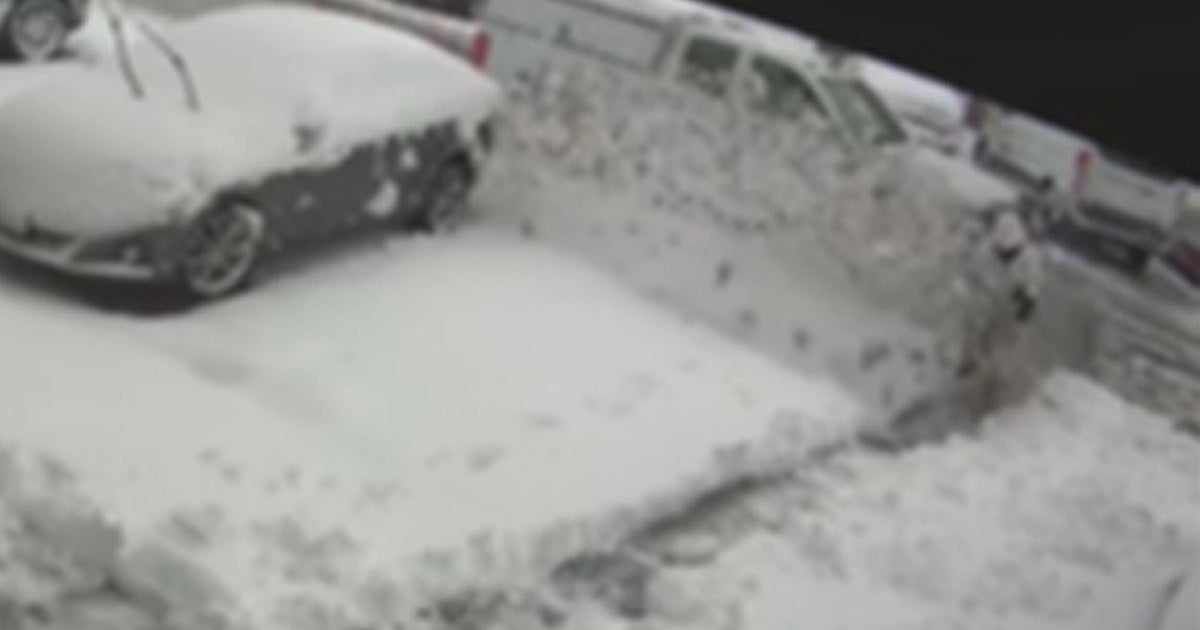Cleanup crews in San Francisco Tenderloin District surmount daunting challenges
SAN FRANCISCO -- In recent years, international attention has been focused on San Francisco's Tenderloin and the immense challenges there. There is homelessness, which surfaced acutely decades ago. There is the drug dealing and drug abuse that has exploded on neighborhood sidewalks in recent years claiming a record number of lives.
While San Francisco has tried to tackle all of that there is one byproduct of those larger challenges which is a tremendous challenge in its own right. That is the trash, food, furniture, bicycles and whatever else winds up on city sidewalks during the overnight hours. Someone has to clean it up.
"At times it feels like, you know, our efforts are for none," said John Mello, operations manager with the Tenderloin Community Benefit District. "'Cause we will knock out this block and someone will come back and dump it right back out on us. Almost seems like a thankless job. Because, look at it!"
At daybreak in the Tenderloin Mello's job doesn't so much get underway, as it picks up where it left off.
"The trash is all over the place," he said. "It's enormous."
The Tenderloin Community Benefit District is just one of the groups mobilized against this neighborhood's blight.
"We do pressure washing," Mello explained. "We do graffiti removal. We do trash pick-up. We do loose garbage, debris, pan and brooms."
On another corner, San Francisco Public Works crews are starting their day.
"We have animals and pets and pedestrians and all that," said Al Matus, describing who he's trying to help.
Matus, a San Francisco native, is among those who get up every morning and tackle a wave of trash so relentless it can overwhelm the storm drains.
"Especially during the rainy season all this debris can flow down into the catch basins. So we have to make sure all that is taken care of so it doesn't flood," Matus said.
Over the week of Sept. 22, city crews collected more than 36,000 pounds of trash in the Tenderloin. That's only what Public Works crews hauled away and doesn't include what was picked up by the Benefit District workers or Urban Alchemy. It's just one average week.
The trash never stops.
"So we try to collaboratively work with everybody we possibly can," Mello said of the challenge. "Because it's a group effort to keep this place clean because not one agency, you know, not 10."
On any given block you can find residents putting up their own fight and the city says it's trying to stop some of the trash inflow with outreach to those who may be piling on the problem without knowing it.
"Residents who live in single-room-occupancy hotels where there might not be sufficient garbage service for them, some of those people try to do the right thing by putting the garbage bags, tying it up, putting it outside ... hoping it gets picked up," explained Rachel Gordon with San Francisco Public Works. "But what happens then is that people come through at night or, sometimes, during the day, open the bags and spread all the garbage everywhere. It makes a big mess on the street."
Another problem is that these pickups are full after about an hour's work and currently have to drive out to Recology on the Peninsula. So the city is getting some larger dump trucks that can offload the pickups in the middle of town.
"So the trucks don't have to go and spend an hour back-and-forth going there," Gordon said of the plan. "They can keep on the streets to keep cleaning."
For the Tenderloin, trash and litter have become a generations-spanning challenge, just like the larger issues facing this neighborhood. All of these things intersect and the people trying to keep the sidewalks clean are in the middle of all of it.
"There's somebody sleeping over there," Khaled Shehadeh with SF Public Works said, pointing to a person under a blanket. "We're not just going to go disturb them and move them."
Some public works crews are tied directly to encampment resolution teams. That involves things like determining the legal number of bicycles someone can have on a sidewalk and making sure batteries and other kinds of hazardous waste don't go out with trash. Every cleaning crew works around similar issues. In this case, someone claimed what looks like trash as their belongings.
"Bags, paper bags ripped apart," Shehadeh said. "But there's nothing we can do. We have to respect her wishes. She says that's hers so we can't clean it up."
"It is very complicated," Mello said of the situation. "It's very complicated. It's just what the Tenderloin is right now. Hopefully we can, all here together, make it better."
"Being brought up here in the city and everything," Matus added. "For me, it's not just work, it's a little more personal than that. So I go about my day, go home and feel like I put in a day's work and it keeps me satisfied and keeps me going."
